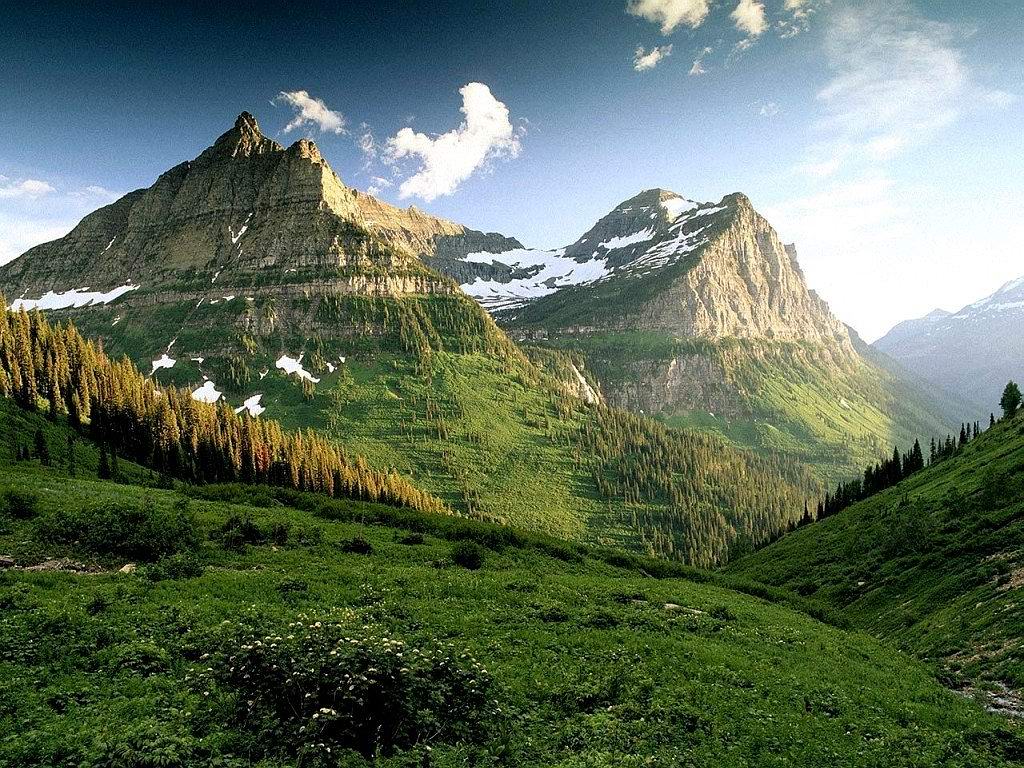I raise my eyes to the mountains (Psalm
121)
It is
said that late in life, the celebrated rabbi and father of Modern Orthodoxy,
Samson Raphael Hirsch, gathered his students and informed them that he was
traveling to Switzerland. Astonished
that their deeply pious teacher would spend so much time on a seemingly
frivolous journey, they asked, “Why?”
Rabbi Hirsch laughed, then responded: “Because when I stand before the
Holy One, the Creator of the Universe will ask me, ‘So, Samson, did you see my
Alps?’”
Like
Rabbi Hirsch—and generations before him—many of us find inspiration in the mountains. This week’s Torah portion, Behar, means “on the mountain”; it reminds
us that we received the Torah in the wilderness, on a mountaintop.
Why
do we so often associate holiness with high places? I love Annie Dillard’s poetic explanation
from near the end of her magnificent work of natural theology, Pilgrim at Tinker Creek. She writes:
Ezekiel excoriates false prophets as those
who have “not gone up into the gaps.”
The gaps are the thing. The gaps
are the spirit’s one home, the altitudes and latitudes so dazzlingly spare and
clean that the spirit can discover itself for the first time like a once-blind
man unbound. The gaps are the clefts in
the rock where you cower to see the back parts of God; they are the fissures
between mountains and cells the wind lances through, the icy narrowing fjords
splitting the cliffs of mystery. Go up
into the gaps. If you can find them;
they shift and vanish too. Stalk the
gaps. Squeak into a gap in the soil,
turn and unlock—more than a maple—a universe.
This is how you spend this afternoon, and tomorrow morning, and tomorrow
afternoon. Spend the afternoon. You can’t take
it with you.
What
an opportunity we have this coming week—to read our portion, Behar, “on the mountain” in the
beautiful Idaho mountains outside McCall at our congregational retreat—accompanied
by the music of Nefesh Mountain!
We
raise our eyes to the mountains, indeed.

No comments:
Post a Comment